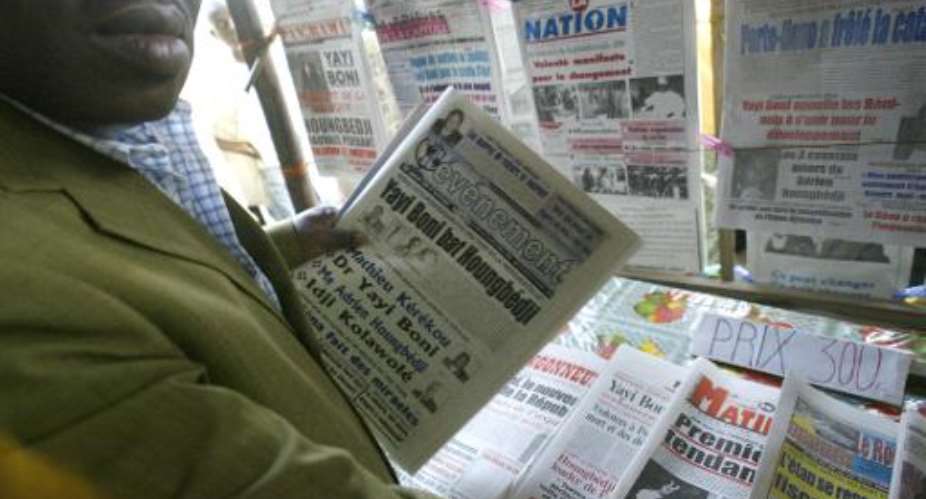Benin’s media sector marked a significant step forward early this year with the adoption of a revised Code of Ethics aimed at promoting a responsible press through self-regulation in the digital age. The updated code was unveiled on February 28, 2025, at the Maison des Médias in Cotonou.
The new code, comprising 33 articles, is the product of an extensive consultation process and reflects the realities of digital media. It strengthens both the rights and responsibilities of journalists.
“The revision followed a participatory approach involving all generations of journalists, including members of the diaspora,” said Brice Ogoubiyi, Vice-President of the Conseil National du Patronat de la Presse et de l’Audiovisuel (CNPA).
Several new provisions have been introduced to enhance journalistic professionalism and safety. Compared to the previous code, which was 25 years old, the revised version places a stronger emphasis on the fight against disinformation and holds online media to higher standards. Article 22 requires journalists to verify information before publication, helping to combat the spread of false news.
In recognition of growing calls for representation and inclusion in the media, Article 33 addresses gender and inclusion concerns. It affirms the rights of women journalists to work in a respectful and protected environment.
In line with the rise of Artificial Intelligence (AI), the focus of this year’s World Press Freedom Day, the code also includes guidance on the ethical use of AI in journalism. This is intended to safeguard professional integrity and ethical standards.
On safety, the code reinforces the obligation of the Defence and Security Forces (FDS) to protect journalists, especially when covering sensitive events.
The revised code was officially enacted through DAS Decision No. 2025-001/AS on February 21, 2025. It was formally presented by Zackiath Latoundji, President of the Union des Professionnels des Médias du Bénin (UPMB), at a ceremony in Cotonou on April 28, 2025. The event brought together journalists, representatives of press associations and civil society, members of HAAC, and security officials.
The Media Foundation for West Africa (MFWA) welcomes the revision of Benin’s press code of ethics as a timely and progressive move. We urge all stakeholders to strictly adhere to the new code to promote professionalism, credibility, and public trust in the media.
We also commend the participation of HAAC representatives in the process and encourage the institution to prioritise peer review mechanisms when handling complaints against journalists or media outlets.



